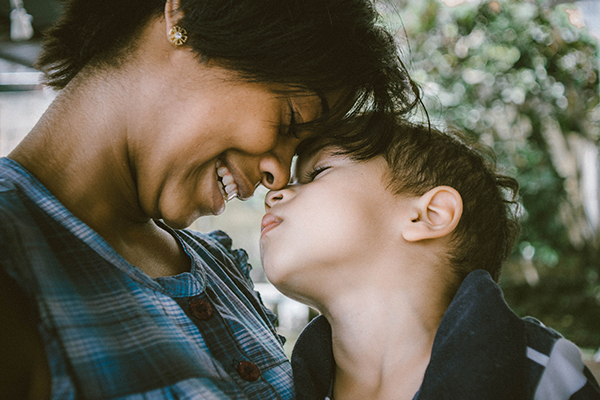Family Counseling Insights brought to you by California Psychotherapeutic Resources, Inc.
Now that 2021 is here, many people might have expected the stress they felt in 2020 to simply fade away. As we’re quickly discovering, that’s not happening. As a surge in cases of Covid-19 follows the holidays, and as people anxiously await the rollout of the various vaccines, almost everyone realizes we’re still living with daily anxiety.

In addition, as any parent can tell you, children are far from immune from an array of emotions. In an article on Unicef.org, Mandy Rich points out that “The coronavirus disease (COVID-19) brings with it feelings like anxiety, stress and uncertainty — and they are felt especially strongly by children of all ages. Though all children deal with such emotions in different ways, if your child has been faced with school closures, cancelled events or separation from friends, they are going to need to feel loved and supported now more than ever.
After interviewing adolescent psychologist, best-selling author and monthly New York Times columnist Dr. Lisa Damour, Rich offers six ways that parents help their kids cope:
- Be calm and proactive
- Stick to routine
- Let your child feel their emotions
- Check in with them about what they’re hearing
- Create welcome distractions
- Monitor your own behavior
For a full discussion about each of these tips, see the complete article here.